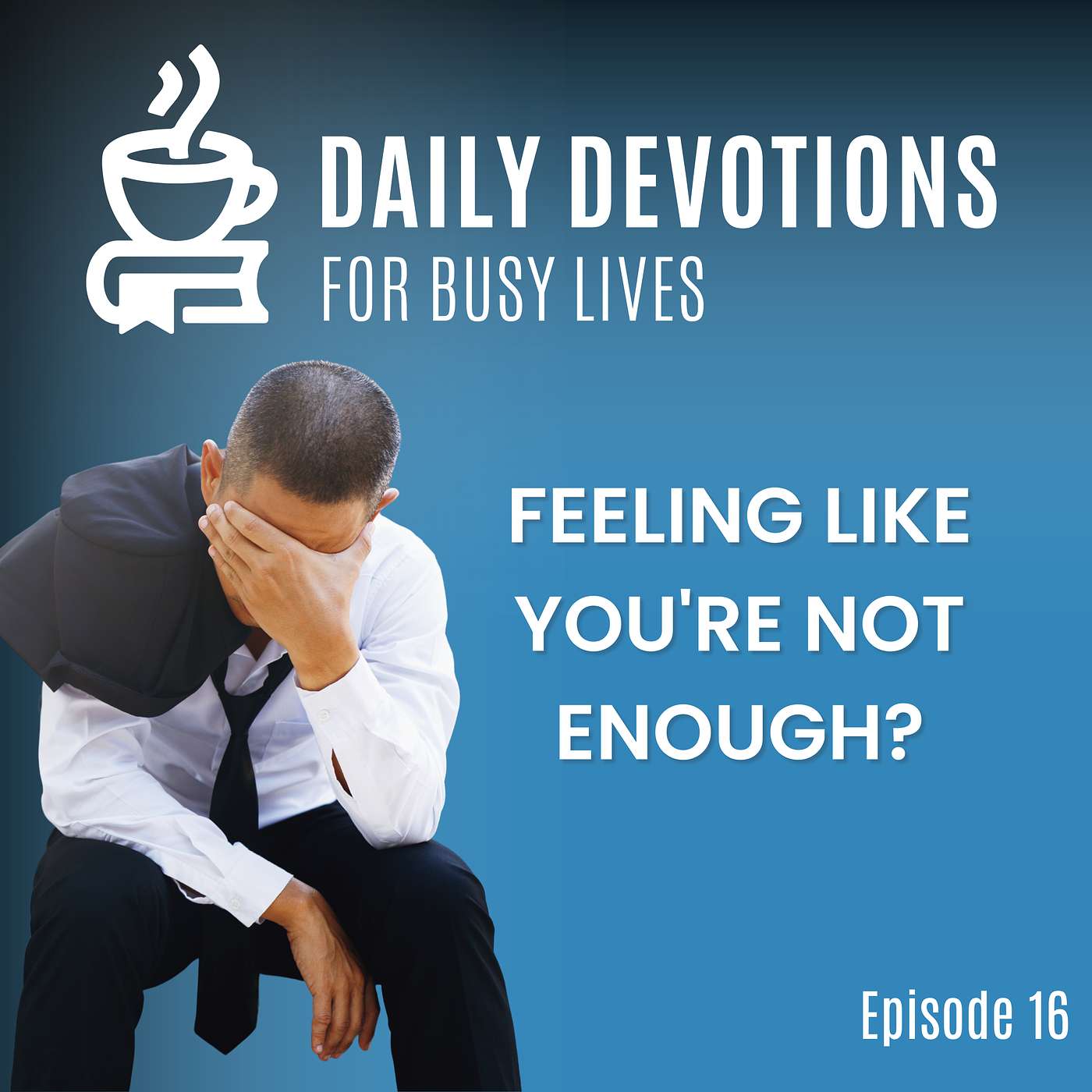Embrace Weakness

Have you ever felt like you just don’t measure up? Like, no matter how hard you try, you’re still falling short—as a parent, at work, in your spiritual life, or just in who you think you’re supposed to be? You’re not alone.
Our world tells us that being strong means being self-sufficient, in control, and on top of everything. But if that’s true, then why are so many of us exhausted, anxious, and constantly wondering if we’re enough?
Here’s the truth that flips that narrative on its head: God’s strength shows up best when we’re weak. That’s not just good news—it’s freeing news.
The Trap of Self-Reliance: Why “Trying Harder” Isn’t Always the Answer
Most of us have been taught that when something’s not working, we just need to push harder. Hustle more. Perform better. Be stronger. But eventually, that mindset leads to burnout.
Trying harder might work for a while, but it leaves little room for grace. It puts the full weight of success and value on your shoulders. And when you mess up or run out of steam, you start to believe the lie that you’re not enough.
The trap of self-reliance makes us think that weakness is failure. But Scripture tells a different story. Weakness isn’t failure—it’s an invitation to trust God more deeply and let Him be your strength.
2 Corinthians 12:9: Unpacking God’s Power in Our Weakness
In 2 Corinthians 12:9, Paul writes about a struggle he begged God to remove. But instead of taking it away, God responded with this promise:
“My grace is sufficient for you, for My strength is made perfect in weakness.”
That’s not a verse to glaze over. It’s a life-altering truth.
God’s grace is enough—not just when you’ve got it all together, but especially when you don’t. His power doesn’t show up once you’ve cleaned yourself up. It moves in through your weakness.
When we stop pretending we’re strong enough and start depending on the One who actually is, that’s when real strength kicks in. It’s not about what you can handle—it’s about Who you’re walking with.
Grace vs. Self-Sufficiency: Embrace God’s “Enoughness”
There’s a big difference between striving to be enough and resting in the truth that God already is.
Grace says:
-
You don’t have to prove yourself.
-
You don’t have to earn your worth.
-
You are deeply loved right now—mess and all.
That’s why embracing grace is the antidote to self-sufficiency. Instead of exhausting yourself trying to fill in all the gaps, grace invites you to fall into the arms of a God who knows your weakness and still says, “I choose you.”
Living with grace means giving yourself permission to be human. It means knowing that when you’re empty, God still has more than enough to fill you up.
What Can You Do? Remind Yourself of the Truth When You Feel Empty
So what do you do when you wake up already feeling like you’re not enough?
Start with truth.
Here are a few powerful affirmations you can say to yourself:
-
“I am not alone. God is with me.”
-
“I don’t have to be perfect to be loved.”
-
“God’s grace is enough for this moment.”
-
“His strength is made perfect in my weakness.”
-
“Even if I can’t see the way, God is still leading me.”
Make it a habit. Write them down. Say them out loud in your car. Post them on your mirror. Truth doesn’t just change your thinking—it realigns your heart.
Another practical step? Begin your day in prayer. It doesn’t have to be long. Just honest. Something like:
“God, I feel overwhelmed. I feel weak. But I know You’re strong, and I trust You to carry me through this day.”
God meets you in that place, not when you’ve fixed everything, but when you show up open and honest.
Conclusion: Finding Peace in God’s Strength
Here’s the beautiful truth: You don’t have to be enough—because Jesus already is.
When you let go of the pressure to perform and step into the grace that covers every weakness, that’s where freedom begins. That’s where peace takes root.
So the next time you feel like you’re not enough, remember: God’s power is most visible when you are least capable. He sees your struggle. He knows your limits. And He’s not asking you to do this on your own.
You’re not failing. You’re learning to lean.
Listen to the companion episode, Feeling Like You're Not Enough?









